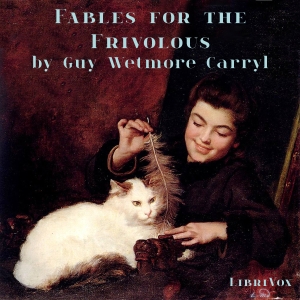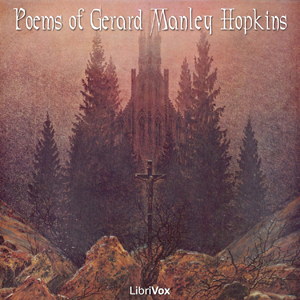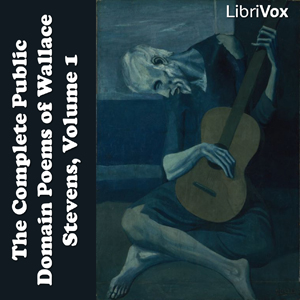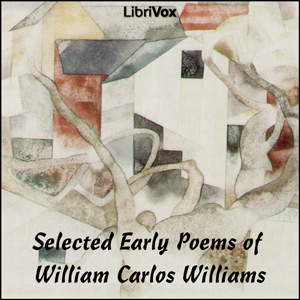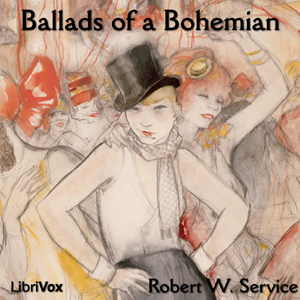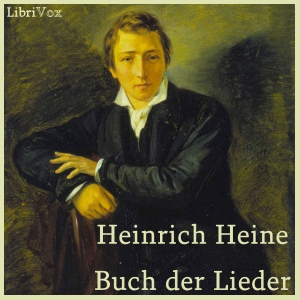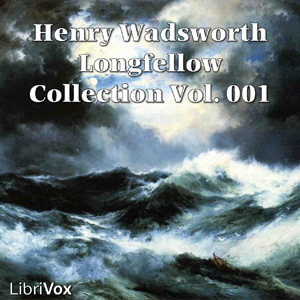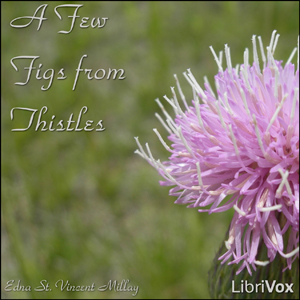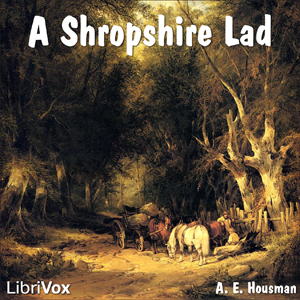- Preface, by George Sterling
- Arabesque
- Beyond the Great Wall
- To Omar Khayyam
- Strangeness
- The Infinite Quest
- Rosa Mystica
- The Nereid
- In Saturn
- Impression
- Triple Aspect
- Desolation
- The Orchid
- A Fragment
- Crepuscle
- Inferno
- Mirrors
- Belated Love
- The Absence of the Muse
- Dissonance
- To Nora May French
- In Lemuria
- Recompense
- Exotique
- Transcendence
- Satiety
- The Ministers of Law
- Coldness
- The Desert Garden
- The Crucifixion of Eros
- The Exile
- Ave Atque Vale
- Solution
- The Tears of Lilith
- A Precept
- Remembered Light
- Song
- Haunting
- The Hidden Paradise
- Cleopatra
- Ecstasy
- Union
- Psalm
- In November
- Symbols
- The Hashish-Eater; or, the Apocalypse of Evil, Part I
- The Hashish-Eater; or, the Apocalypse of Evil, Part II
- The Sorrow of the Winds
- Artemis
- Love is Not Yours, Love is Not Mine
- The City in the Desert
- The Melancholy Pool
- The Mirrors of Beauty
- Winter Moonlight
- To the Beloved
- Requiescat
- Mirage
- Inheritance
- Autumnal
- Chant of Autumn
- Echo of Memnon
- Twilight on the Snow
- Image
- The Refuge of Beauty
- Nightmare
- The Mummy
- Forgetfulness
- Flamingoes
- The Chimaera
- Satan Unrepentant
- The Abyss Triumphant
- The Motes
- The Medusa of Despair
- Laus Mortis
- The Ghoul and the Seraph
- At Sunrise
- The Land of Evil Stars
- The Harlot of the World
- The Hope of the Infinite
- Love Malevolent
- Palms
- Memnon at Midnight
- Eidolon
- The Kingdom of Shadows
- Requiescat in Pace
- Alexandrines
- Ashes of Sunset
- November Twilight
- Sepulture
- Quest
- Beauty Implacable
- A Vision of Lucifer
- Desire of Vastness
- Anticipation
- A Psalm to the Best Beloved
- The Witch in the Graveyard
- The Traveler
- The Flower-Devil
- Images
- The Black Lake
- Vignettes
- A Dream of Lethe
- The Caravan
- The Princess Almeena
- Ennui
- The Statue of Silence
- Remoteness
- The Memnons of the Night
- The Garden and the Tomb
- In Cocaigne
- The Litany of the Seven Kisses
- From a Letter
- From the Crypts of Memory
- A Phantasy
- The Demon, the Angel, and Beauty
- The Shadows
As stated in L'Alouette: A Magazine of Verse, "Ebony and Crystal is an artist's intrepid repudiation of the world of trolleys and cash-registers, Freudian complexes and Binet-Simon tests, for realms of exalted and iridescent strangeness beyond space and time yet real as any reality because dreams have made them so. Mr. Smith has escaped the fetish of life and the world, and glimpsed the perverse, titanic beauty of death and the universe; taking infinity as his canvas and recording in awe the vagaries of suns and planets, gods, and daemons, and blind amorphous horrors that haunt gardens of polychrome fungi more remote than Algol and Achernar. It is a cosmos of vivid flame and glacial abysses that he celebrates, and the colorful luxuriance with which he peoples it could be born from nothing less than sheer genius.
The summation of Mr. Smith's exotic vision is perhaps attained in the long phantasmal procession of blank verse pentameters entitled, "The Hashish-Eater; or, the Apocalypse of Evil." In this frenzied plunge through nameless gulfs of interstellar terror the Californian presents a narcotic pageant of poisonous vermilious and paralysing shadows whose content is equalled only by its verbal medium; a medium involving one of the most opulent and fastidiously choice vocabularies ever commanded by a writer of English."
Clark Ashton Smith, referred to as one of the big three of Weird Tales, was a romantic-style poet, a Lovecraftian-style writer and a literary friend of H.P Lovecraft. As a poet, he was considered one of the last great West Coast Romantics. Ebony and Crystal, published in 1922, was Smith's last collection of pure poetry.
- Summary by Mary Kay and L'Alouette: A Magazine of Verse
The summation of Mr. Smith's exotic vision is perhaps attained in the long phantasmal procession of blank verse pentameters entitled, "The Hashish-Eater; or, the Apocalypse of Evil." In this frenzied plunge through nameless gulfs of interstellar terror the Californian presents a narcotic pageant of poisonous vermilious and paralysing shadows whose content is equalled only by its verbal medium; a medium involving one of the most opulent and fastidiously choice vocabularies ever commanded by a writer of English."
Clark Ashton Smith, referred to as one of the big three of Weird Tales, was a romantic-style poet, a Lovecraftian-style writer and a literary friend of H.P Lovecraft. As a poet, he was considered one of the last great West Coast Romantics. Ebony and Crystal, published in 1922, was Smith's last collection of pure poetry.
- Summary by Mary Kay and L'Alouette: A Magazine of Verse
There are no reviews for this eBook.
There are no comments for this eBook.
You must log in to post a comment.
Log in


